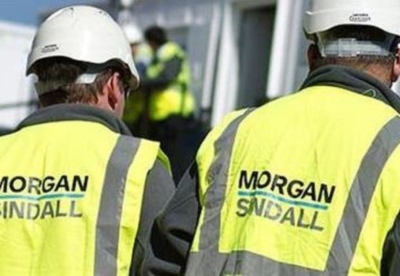They will also look at whether contractors should face retrospective fines or be banned from bidding for public sector contracts.
More firms will be called before the Scottish Affairs Committee before it makes recommendations to the Government.
Industry giants who have already appeared before the committee were also accused of “continuing to avoid taking full responsibility for their actions” in an interim report.
Ian Davidson MP, Chair of the Committee, said: “We are appalled by what we have discovered during our committee hearings.
“We were neither convinced nor impressed by the attitude of the people involved in funding, operating and using this blacklist.
“The companies involved set up the blacklist for their own financial benefit, to avoid the risk of legitimate industrial relations or health and safety disputes on site resulting in delays to contracts, penalty clauses being invoked and financial loss.
“While some of the companies have expressed regret and taken steps to establish how this could have been allowed to go on, we are unclear whether they genuinely regret the practice, or more the fact that they got caught.
“This is an interim report; our inquiry so far has posed a series of key questions rather than answering them, particularly in regard to whether compensation should be offered to the people who suffered invasion of their privacy and loss of earnings as a result of this blacklist.
“We are now inviting further submissions on the four key question areas raised in this report, and we will be taking evidence from more of the firms involved.”
The committee will now concentrate on four areas:
• Is blacklisting still taking place, both within the construction industry and more widely, and especially in Scotland?
• Should compensation be paid, and to whom? Anyone whose name appeared on a blacklist? Those who can prove they were adversely affected by blacklisting? Who should provide the compensation?
• What penalties are appropriate for those firms and individuals who engaged in blacklisting and who benefited financially from the process, and is it appropriate to introduce a degree of retrospection? In addition, should firms which have been involved in blacklisting be prevented from tendering for public sector contracts in future? Or should they only be allowed to tender if they pay compensation to those who have been blacklisted?
• Is the existing legislation against blacklisting sufficient, if properly enforced, or do we need changes to the law to eradicate the practice?














.gif)






































